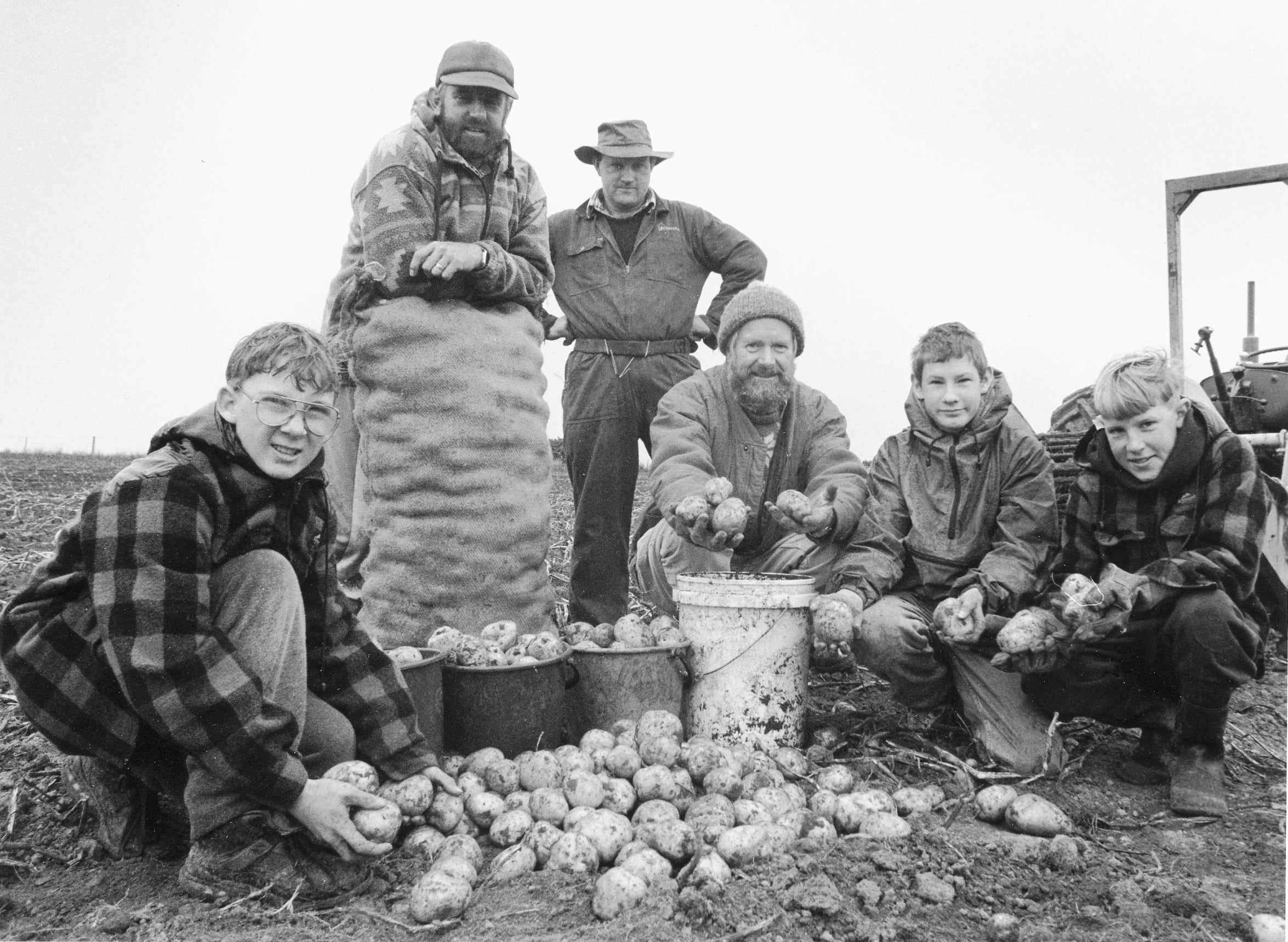Hares, eggs, honey, fruit and vegetables were donated to our children’s homes in Dunedin from the day they opened.
In the 1940s parishes held egg appeals that brought in up to 2200 dozen eggs annually, while church harvest festivals contributed fresh fruit and vegetables on a regular basis.
The need to support children and families in need of food has continued over the decades.
Government policy and benefit changes in the late 1980s and early 1990s saw increasing demand for basic assistance with emergency food parcels. We could no longer rely solely on parish volunteers to distribute donated food and so the concept of a foodbank developed. Food producers, supermarkets and the wider community got on board to support the new foodbank. There was also close cooperation between charities such as Anglican Family Care and the Salvation Army to help ensure foodbank services reached those who needed them.
Over the years, the foodbank concept has proven to be a useful means of reaching out to people in need. In the early 90s the majority of foodbank visitors came only once (60%). Today, two-thirds of visitors also access additional Family Works services such as: assistance with budgeting, navigating the welfare system, family support, counselling and advocacy. These services aim to help families build on their strengths and prevent dependency on the foodbank.
Presbyterian Support Otago relies on two major, annual food collection drives – Octacan in June and the Christmas appeal in December. These two events, together with the ongoing support of individual and organisational donors, help us meet people’s basic need for food, and reach out to support families in crisis.
The Family Works foodbank in Dunedin distributes approximately 3,200 food parcels annually.
